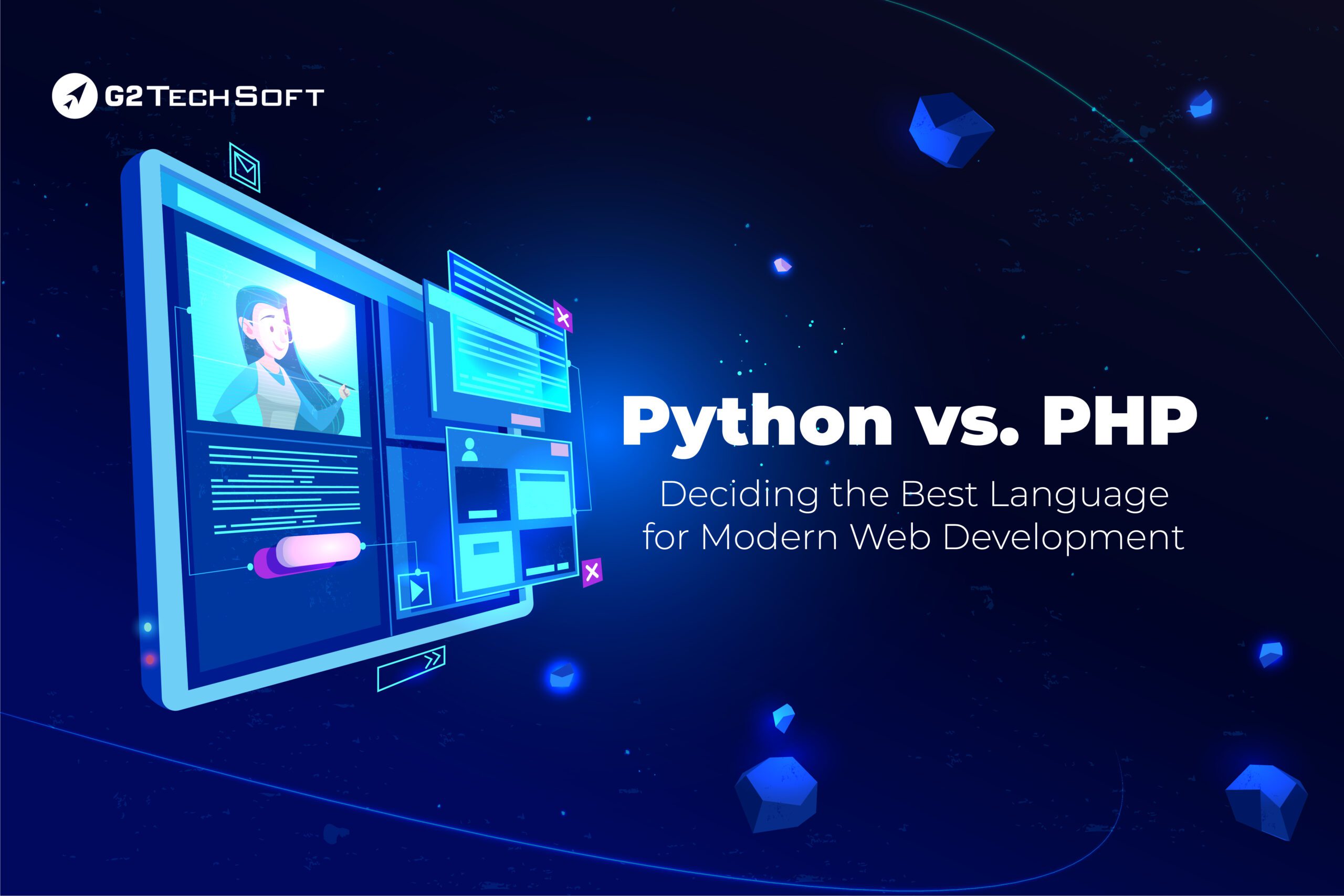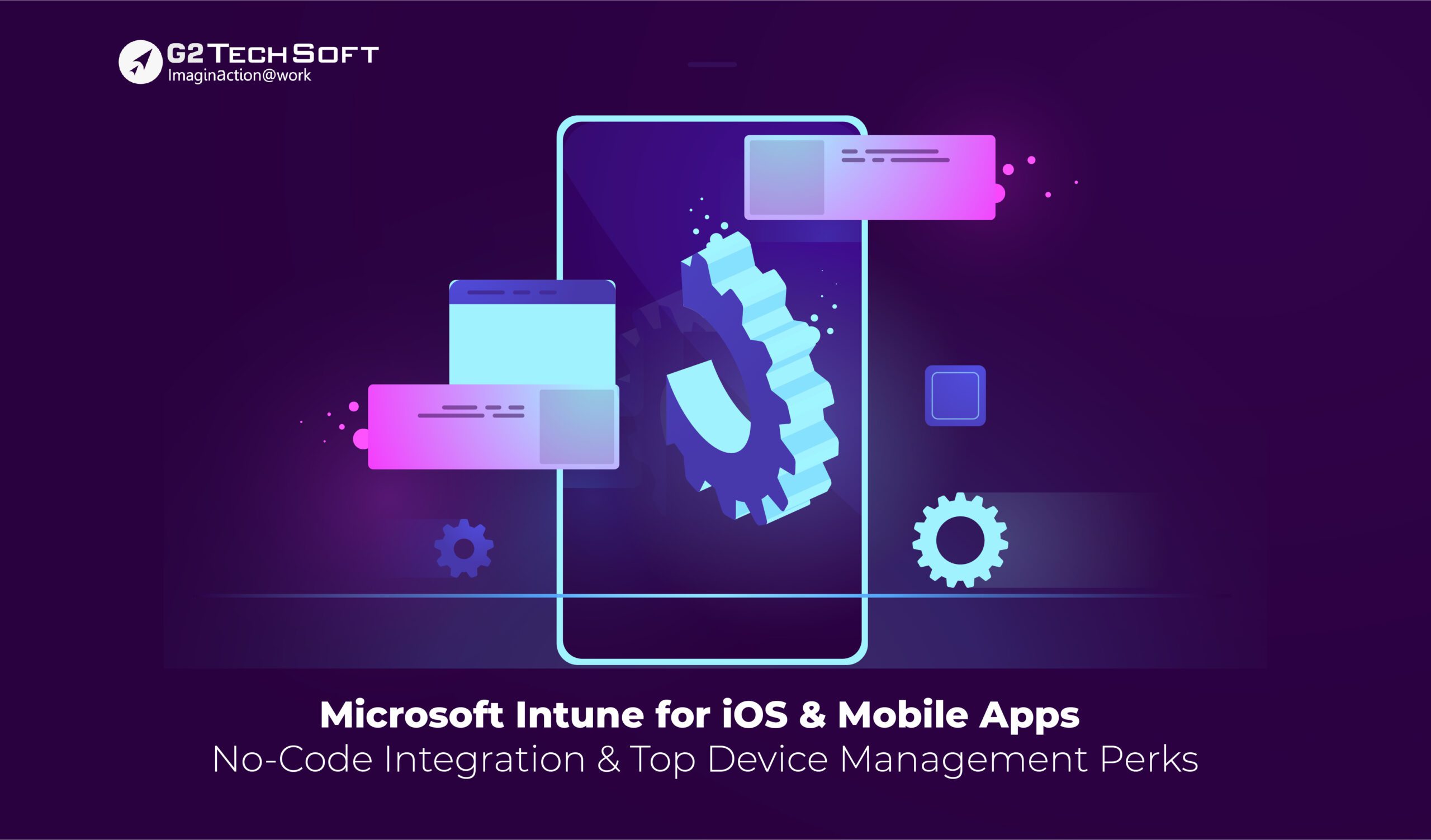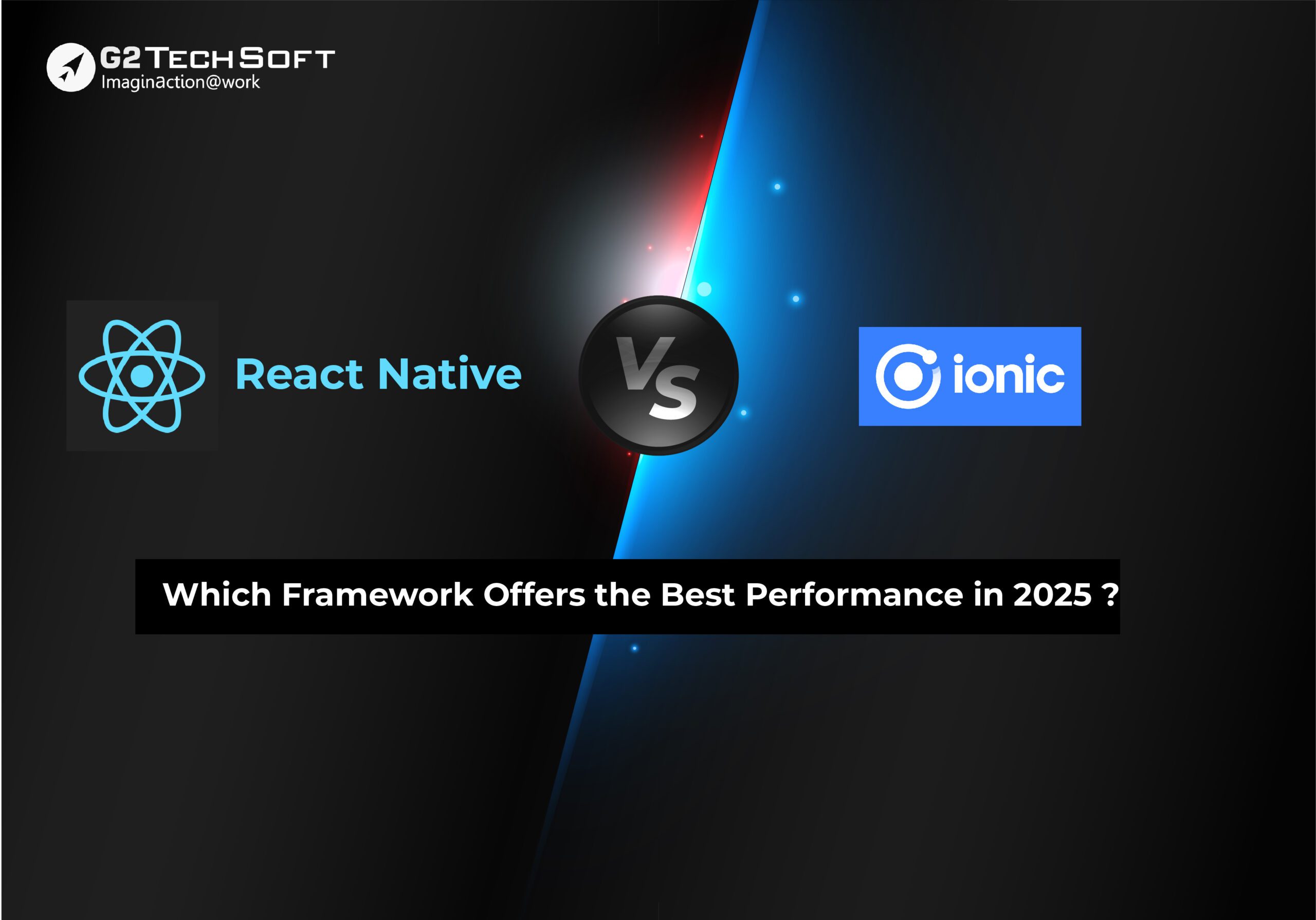
Python vs. PHP: Deciding The Best Language For Modern Web Development
In the ever-evolving landscape of web development, choosing the right programming language is pivotal for constructing efficient and scalable applications. PHP and Python are the pivotal and potential market leaders among the most popular web development languages.
The debate of Python vs. PHP, examining their performance, ease of use, security features, and scalability to determine the best programming language for web development today starts here. As developers increasingly seek modern solutions, understanding the nuances of PHP for web development and Python for web development becomes essential.
When comparing PHP vs. Python performance, they both possess their pluses and negatives. PHP has long been favored for its speed and efficiency in traditional web applications, while Python is gaining traction due to its versatility and robust frameworks like Django.
This discussion will also cover critical aspects such as PHP vs. Python security, ease of use, and community support to help you decide whether to opt for Python or PHP for web apps. Furthermore, this analysis primarily focuses on clarifying the pros and cons of PHP vs. Python, guiding developers in selecting the best backend language for web development that aligns with their project requirements.
Let’s get started!
Overview Of Python And PHP:
Python and PHP are two of the most popular programming languages, and understanding these can help developers pick the apt language for their specific project needs.
Python Overview:
A high-level programming language that is interpreted, Python, is prominently known for its versatility and simplicity. It is widely employed in distinct domains, including web development, artificial intelligence (AI), data science, and machine learning. The first standout feature of Python is its clear, concise, and readable syntax, which makes it a remarkable option for beginners as well as experienced developers. The language supports countless programming paradigms, notably object-oriented, procedural, and functional programming.
Features Of Python:
- Easy To Grasp: Its simple syntax permits beginners to grasp concepts quickly.
- Extensive Libraries: This Python language owns a huge ecosystem of frameworks like Flask and Django and libraries, which support rapid web development.
- Cross-Platform Compatibility: Python applications shall run on distinct operating systems without modification.
- Strong Community Support: A vibrant community offers extensive resources and documentation.
Pros Of Python:
- Highly readable code enhances maintainability.
- Versatile applications beyond web development.
- Firm and reliable support for scientific computing and data analysis.
Cons of Python:
- Frequently slower than PHP in execution speed and it’s because of its interpreted nature.
- May demand more resources for certain applications compared to compiled languages.
PHP Overview:
PHP (Hypertext Preprocessor) is a server-side scripting language prominently designed for web development. This is integrated into HTML code. PHP is also hugely employed to construct dynamic web applications and web pages. PHP has been a staple in the web development community for decades, powering around 79% of all websites.
Features Of PHP:
- Open Source: It’s free and possesses a large community contributing to its development.
- Integration Capabilities: It effortlessly integrates with distinct databases like PostgreSQL, MySQL, and Oracle.
- Robust Frameworks: Prominent frameworks such as Laravel and Symfony enhance their capabilities for constructing complex applications.
- Fast Execution: Recent versions have significantly boosted performance with optimizations like JIT compilation.
Pros Of PHP:
- Excellent for constructing dynamic websites instantly.
- Strong community support with abundant resources available.
- High compatibility with distinct web hosting services.
Cons Of PHP:
- Syntax can be complex compared to Python, making it harder for beginners to learn.
- Historically criticized for security vulnerabilities, although improvements have been made.
Performance And Speed:
When comparing PHP vs Python performance, it’s pivotal to remember how each language handles speed and efficiency. Historically, PHP has been known for its rapid execution times, particularly with the release of PHP 7 and later versions that introduced significant performance enhancements through the Zend Engine 3.0. These enhancements have made PHP one of the fastest open-source programming languages available.
In contrast, while Python was once considered slower than PHP due to its interpreted nature, it has made strides in recent years with the introduction of Just-In-Time (JIT) compilation techniques through implementations like PyPy. However, for high-traffic applications where speed is paramount—such as e-commerce sites—PHP often outperforms Python due to its optimized execution model. This makes PHP particularly advantageous for traditional web apps and content-heavy sites where load times directly impact the user experience.
Flexibility And Ease Of Use:
Regarding PHP vs Python’s ease of use, countless developers find Python’s syntax more readable and intuitive compared to PHP’s. Python emphasizes clean code with minimal syntactic noise, making it an optimal option for beginners and experienced developers alike. Since Python possesses a straightforward structure, it shall permit rapid development cycles and prototyping.
Conversely, while PHP has improved its syntax over the years, it still retains some complexities that may pose challenges for new developers. Additionally, Python’s extensive library support permits developers to implement complex functionalities with ease. For instance, when comparing Python Django vs PHP Laravel, Django’s built-in features facilitate quick application development with less boilerplate code than Laravel.
Security Features:
Security is a critical consideration in web development. When examining PHP vs Python security, it’s clear that both languages have made strides in addressing vulnerabilities over time. However, Python tends to offer more robust security features out of the box. Frameworks like Django are coming prepped with built-in protections against common threats like cross-site scripting (XSS) and SQL injection.
While PHP has also improved its security measures in recent versions, it still faces challenges due to its historical vulnerabilities and reliance on developer practices for secure coding. The ongoing evolution of both languages means that developers must remain vigilant about security best practices regardless of their chosen platform.
Community Support And Ecosystem:
The community surrounding any programming language shall play a pivotal role in its longevity and usability. In terms of PHP vs Python community support, both languages boast active communities that contribute to their ecosystems through libraries, frameworks, and documentation.
PHP has a long-standing presence in web development, with extensive resources available for developers working on CMS platforms or e-commerce sites. Conversely, Python’s appeal extends beyond web development into fields like data science and machine learning, leading to a diverse range of community contributions across multiple industries. This multi-industry relevance enhances Python’s adaptability for distinct applications beyond just web development.
A Quick Comparison:
When comparing Python vs. PHP, it’s primary to consider their respective strengths and weaknesses based on project requirements. For instance, if your goal is to develop a data-driven application or leverage machine learning technologies, Python for web development would be a beneficial option due to its huge libraries and ease of integration employing data analysis tools.
On the other hand, if you are focused on constructing a content management system or an e-commerce platform, PHP for web development might be more beneficial given its robust frameworks like Laravel that are tailored for such applications.
In the end, both languages possess their place in the modern web development landscape. The decision between Python or PHP for web apps should be guided by the specific needs of your project—whether you prioritize speed, ease of use, security features, or scalability.
Understanding these factors will make you decide strategically between these two powerful programming languages.
Final Verdict:
Ultimately, deciding between Python or PHP for web apps hinges on your project demands and long-term goals in web development. While PHP excels in traditional web applications and offers superior speed for content-heavy sites, Python stands out for its versatility and suitability for modern applications requiring scalability and advanced functionalities.
As the demand for scalable web applications continues to grow alongside trends in artificial intelligence and machine learning, many developers are increasingly leaning towards Python as the best backend language for web development. No matter what, both languages hold their unique strengths—making them resourceful tools in any developer’s toolkit.
In conclusion, whether you pick Python or PHP will depend on your project’s needs—whether that’s leveraging robust frameworks like Django or Laravel or capitalizing on community support tailored to specific use cases like CMS or enterprise applications.




